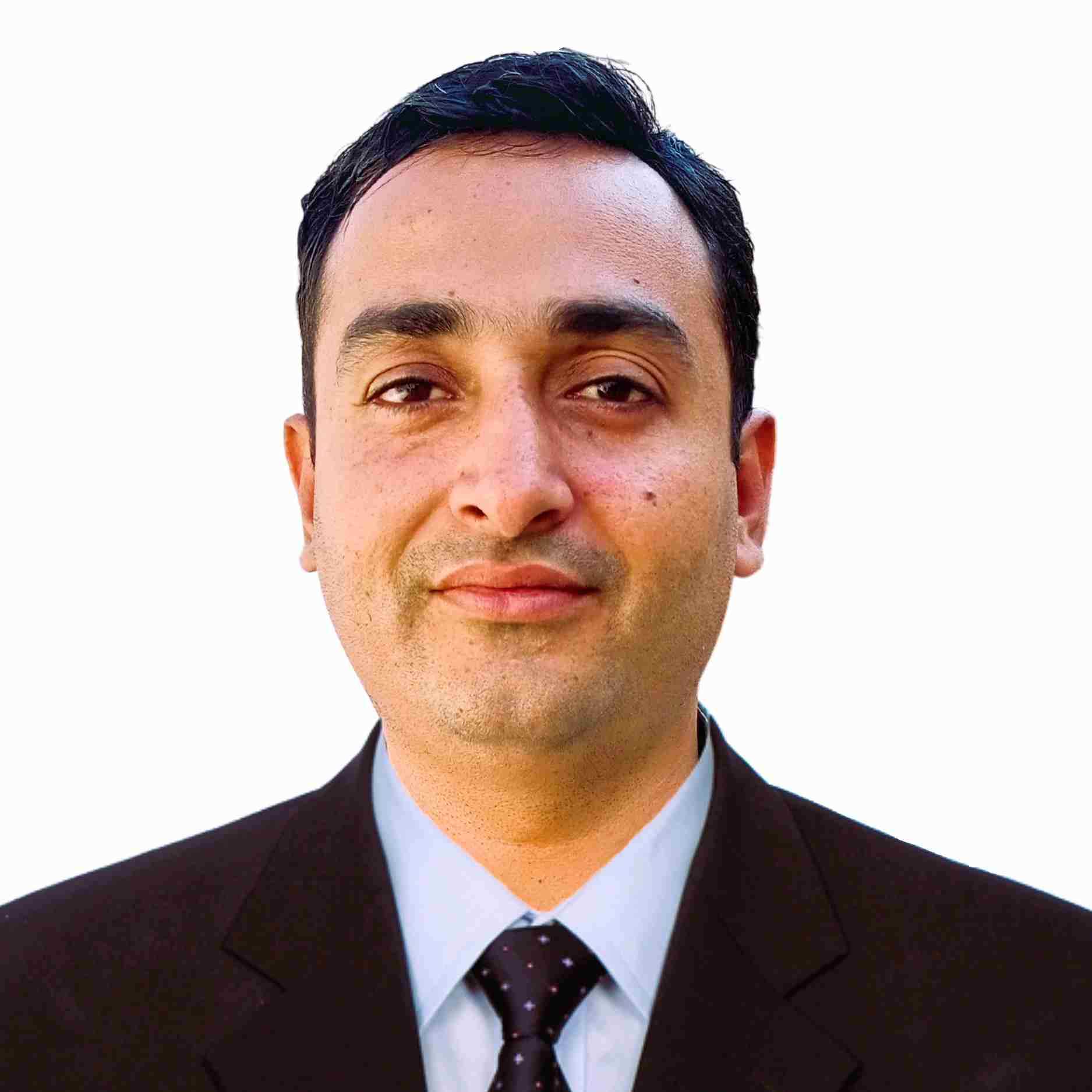Pakistan AI: Transforming the Future of Technology
Artificial Intelligence (AI) is reshaping the world, and Pakistan is no exception. From automation in agriculture to innovations in healthcare and smart city projects, the rise of AI in Pakistan is no longer a distant dream. With a growing tech ecosystem, increased digital literacy, and government interest, Pakistan AI has become a powerful force in reshaping the country’s technological and economic future.
In this comprehensive article, we explore the current state, emerging trends, government support, educational initiatives, and future potential of Pakistan’s AI landscape. Whether you’re a student, tech entrepreneur, policymaker, or just curious about innovation, this guide to Pakistan AI offers real insights backed by trends, initiatives, and expert foresight.
The Rise of AI in Pakistan
What’s Driving AI Growth in Pakistan?
AI adoption in Pakistan is growing fast due to a mix of factors. The tech startup ecosystem is thriving, with incubators and accelerators popping up across major cities. Initiatives like Dhanote IT Park are helping create digital infrastructure and training opportunities that fuel innovation. Moreover, the expansion of mobile internet, cloud computing, and big data analytics is making AI technologies more accessible.
Digital penetration across urban and rural areas has opened doors for machine learning tools in agriculture, healthcare diagnostics, and logistics optimization. With the rise in data generation, there’s a growing need for predictive analytics, automation, and intelligent decision-making, all powered by AI.
Pakistan AI in the Public and Private Sectors
The private sector has rapidly embraced AI, especially in fintech, health tech, and e-commerce. Startups like Marham and Sehat Kahani are using AI algorithms to match patients with doctors or diagnose medical conditions.
Meanwhile, the public sector is catching up. The Punjab Information Technology Board (PITB) and National Center of Artificial Intelligence (NCAI) are driving applied research in AI and developing smart solutions for education, policing, and public service delivery.
AI Startups Leading the Change
Pakistan is now home to several AI-driven startups making waves both locally and internationally.
-
Bazaar Technologies is using AI to streamline the supply chain for small retailers.
-
Dawaai integrates AI to recommend pharmaceutical alternatives.
-
VisionX offers AI-powered solutions to automate retail, security, and industrial operations.
Many of these startups are backed by international investors who see promise in the Pakistan AI ecosystem. The combination of young talent, lower development costs, and an untapped market makes Pakistan a strategic hub for innovation.
Role of Government in AI Development
The Pakistani government has recognized the transformative power of AI. The Digital Pakistan Vision includes AI as a core pillar for future growth. Through the establishment of research centers, funding for innovation, and AI roadmaps, Pakistan is slowly building a foundation for long-term success.
Key government-supported programs include:
-
NCAI: Launched to promote AI research and applications in agriculture, medicine, and industry.
-
Presidential Initiative for AI & Computing (PIAIC): Aims to educate over 100,000 Pakistanis in AI, blockchain, and cloud computing.
-
National AI Policy (2023 Draft): Focuses on integrating AI into education, defense, and e-governance.
These programs signal a shift from traditional education models to future-focused, skill-based learning that aligns with global trends.
AI in Pakistan’s Education Sector
Pakistan is now pushing to integrate AI into its education sector. Institutions like NUST, FAST, and COMSATS have launched dedicated AI departments and research labs. Courses in machine learning, deep learning, and neural networks are now part of the curriculum.
Online platforms and coding bootcamps are also rising in popularity. Programs like the PIAIC offer hybrid learning paths that combine theoretical knowledge with practical training.
Furthermore, AI is being used to improve education delivery itself — from intelligent tutoring systems to AI-powered assessment tools, which help tailor learning to individual students.
Pakistan AI in Healthcare, Agriculture & Defense
Healthcare Innovation
AI is helping bridge the doctor-patient gap in rural areas. Chatbots and diagnostic apps can now offer initial consultations, while AI imaging tools assist radiologists in detecting diseases like cancer and tuberculosis.
Hospitals in cities like Lahore and Karachi are experimenting with AI for workflow automation and patient data management. These efforts reduce human error and improve treatment accuracy.
Smart Agriculture
With a large portion of the economy dependent on farming, AI has immense potential in agriculture. Drones equipped with AI can scan fields for pests, diseases, and crop health. Predictive models help farmers forecast yields and optimize irrigation schedules.
In regions where climate change has affected seasonal patterns, AI tools can suggest alternate crops based on real-time soil and weather data.
Defense and Surveillance
Pakistan’s defense sector is also exploring AI applications, particularly in cybersecurity, autonomous drones, and surveillance systems. Local tech firms are working on facial recognition tools and predictive models to enhance national security.
Challenges Facing Pakistan AI
Despite its promise, the Pakistan AI sector faces several challenges.
-
Lack of Data: Many AI models require structured data, which is scarce or poorly maintained in Pakistan.
-
Skills Gap: Although many graduates have computer science degrees, only a small percentage are trained in AI-specific skills.
-
Funding and Policy Delays: While the government has introduced ambitious programs, execution is often delayed due to bureaucracy and funding issues.
-
Ethical Concerns: The use of AI in surveillance and decision-making raises privacy and bias concerns. Clear regulations are needed to protect citizens.
Future of AI in Pakistan
The future of Pakistan AI is promising. If current efforts are sustained and scaled, Pakistan could emerge as a regional leader in AI technology by 2030.
-
Economic Growth: AI could contribute billions to the national GDP by increasing productivity, automating routine tasks, and creating high-value jobs.
-
Tech Exports: With a strong outsourcing industry, Pakistan can position itself as a hub for AI development, similar to India or Eastern Europe.
-
Rural Inclusion: AI tools can democratize access to healthcare, education, and legal services in remote areas, reducing inequality.
To fully unlock this potential, public-private collaboration is key. Programs like Dhanote IT Park serve as an excellent model — combining infrastructure, training, and innovation in one space.
Pakistan is on the cusp of a technological revolution. Whether you’re a student, policymaker, or business owner, now is the time to engage with the Pakistan AI ecosystem.
Explore AI courses, support local startups, and push for ethical regulations. Together, we can create a future where Pakistan is not just a consumer of global technologies but a creator of them.
To learn more about opportunities and AI development spaces, check out Dhanote IT Park — a hub for innovation, learning, and digital transformation in Pakistan.
FAQs
What is the current state of AI in Pakistan?
Pakistan is rapidly embracing AI in sectors like health, agriculture, education, and fintech. Startups and government initiatives are driving growth.
Is AI being taught in universities in Pakistan?
Yes, top universities like NUST, FAST, and COMSATS offer degrees and courses in AI, machine learning, and data science.
Are there AI job opportunities in Pakistan?
Yes, demand for AI engineers, data scientists, and machine learning experts is growing across tech companies, banks, and research institutions.
What is the National Center of Artificial Intelligence (NCAI)?
The NCAI is a government-backed initiative to promote research and practical AI applications in medicine, agriculture, and defense.
How is AI used in Pakistan’s agriculture sector?
AI helps in crop monitoring, disease detection, and yield forecasting. Drones and sensors provide real-time data to improve farming practices.
What is PIAIC and how can I join it?
PIAIC (Presidential Initiative for Artificial Intelligence and Computing) offers affordable courses in AI, cloud, and blockchain. Visit their official site to apply.





